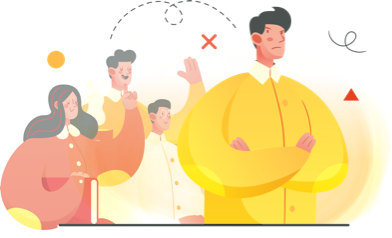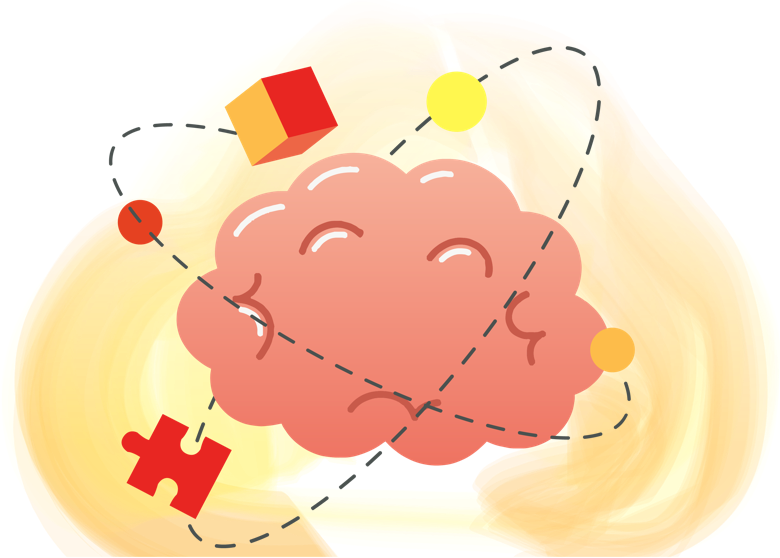Description of the disorder
Pathological gambling is a progressive behavioural disorder in which the person feels an overwhelming urge to gamble, disregarding any negative consequences. It is an addiction where no substance is consumed, although it is sometimes accompanied by substances such as tobacco, alcohol or drugs. This is known as co-morbidity.


Characteristics
Pathological gambling occurs when a person’s gambling leads to serious problems. They think, live and act in terms of the game, neglecting all other pursuits. A non-substance addiction is repetitive behaviour that is pleasurable, at least at the beginning; it leads to a loss of control in the person, in addition to the appearance of tolerance, an escalation of behaviour to obtain the desired effects; it seriously interferes in their family, social and work life and, if the behaviour is interrupted, withdrawal syndrome appears.
They deceivefamily, friends...
They gamble again to win back the money they have lost.
They use gambling as a strategy toevade other problems.
They are restless, irritablewhen they are not gambling.
They need to gamble increasing amounts of money.
They are highly concerned about gambling.
Aspects affected
The consequences of pathological gambling are many, affecting several aspects, as detailed below:
Economic aspects
Substantial debts.
Default on payments, impoverishment…
Family aspects
Constant lies and a climate of mistrust.
Breakdown of communication.
Legal aspects
The commission of unlawful acts.
Theft and burglary.
Serious legal issues.
Psychological aspects
Apathy and depression.
Low self-esteem, feelings of guilt.
Stress, anxiety, irritability and suicidal thoughts.
Social aspects
Isolation, lack of hobbies and interests…
Withdrawal from friendships, loss of relationships.
Somatic aspects
Insomnia.
Lack of appetite.
Headaches, stomach aches, neck pains…
Work aspects
Decreased attention and concentration.
Reduced performance at work.
Missed opportunities and promotions.
Economic aspects
Substantial debts.
Default on payments, impoverishment…
Psychological aspects
Apathy and depression.
Low self-esteem, feelings of guilt.
Stress, anxiety, irritability and suicidal thoughts.
Somatic aspects
Insomnia.
Lack of appetite.
Headaches, stomach aches, neck pains…
Family aspects
Constant lies and a climate of mistrust.
Breakdown of communication.
Family aspects
Constant lies and a climate of mistrust.
Breakdown of communication.
Social aspects
Isolation, lack of hobbies and interests…
Withdrawal from friendships, loss of relationships.
Work aspects
Decreased attention and concentration.
Reduced performance at work.
Missed opportunities and promotions.
Legal aspects
The commission of unlawful acts.
Theft and burglary.
Serious legal issues.
An acknowledgeddisorder
Pathological gambling was officially recognised as a mental health condition in 1980 when the American Psychological Society (APA) first included it as a disorder in the third edition of the Diagnostic and Statistical Manual of Mental Disorders (DSM-III).
It was recognised again as a disorderin the DSM-V and is the only non-substance addiction to be considered as such.
The World Health Organisation (WHO) recognises pathological gambling as a disorder classified in ICD-10 under Habit and Impulse Control Disorders.






